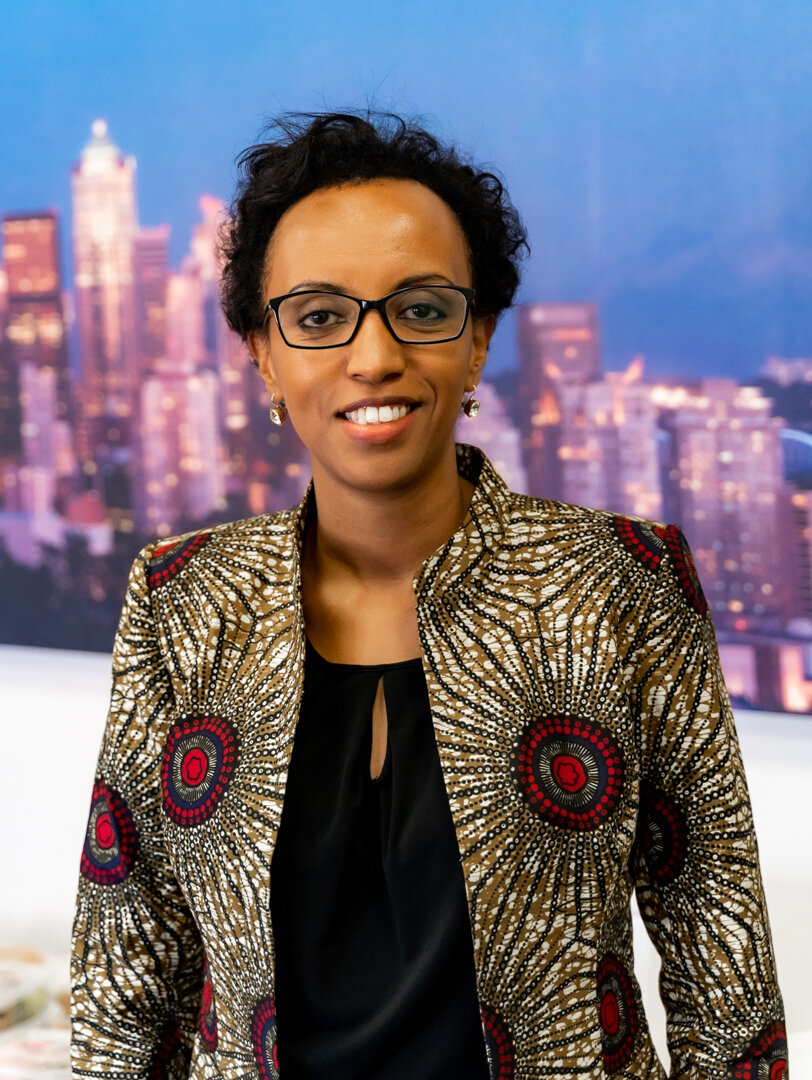advertisement
Partnerships In Technology Play A Critical Role In Covid-19 Crisis
The current global crisis has highlighted several areas, from the need for efficient information management to the need for accurate…

The current global crisis has highlighted several areas, from the need for efficient information management to the need for accurate data gathering for faster medical response. In looking at the role of technology during this period, one area that has stood apart in driving meaningful change is the role of partnerships.
If you look at Microsoft for example, through its 4Afrika initiative, it has formed strategic partnerships with healthcare providers throughout Africa and beyond, providing them with technical support and business consultancy to help them achieve their goals. Each of these healthcare providers has had a significant impact in their sphere of influence, but with the onset of the Covid-19 pandemic, we’ve seen how our partners have used their existing platforms and programs to pivot and adapt existing technologies to provide the much-needed response to address the challenges of the pandemic.
Artificial intelligence and machine learning are already used in healthcare, but in a rapidly evolving situation, these tools can significantly help boost response times and preparedness. AI and cloud computing are likely to dramatically change the way we deliver healthcare into communities, in a highly positive way. By using big data and analytics to deliver real-time insights and proven step-by-step workflows into healthcare service challenges, large-scale healthcare systems can deliver improved performance and better decision-making: essentially using artificial intelligence to power human act to save lives.
advertisement
When Microsoft4Afrika first partnered with BroadReach, a leading healthcare software vendor in the Middle East and Africa, they were striving to create and implement data-driven solutions to improve the management and delivery of health programs in underserved regions around the world. Together, they have created Vantage, an integrated cloud platform delivering powerful analytics that helps development, health, and human services organizations quickly identify risks and opportunities.
During the Covid-19 crisis, BroadReach is using its cloud services to rapidly gather data from thousands of health workers in the field and instantly upload it into Vantage, where advanced analytics are giving leaders key guidance to manage and prepare for the impact of the pandemic.
In healthcare, quick response times save lives. BroadReach has produced a facility readiness survey that allows the government to redirect resources to prioritized hospitals and facilities so that they have the right equipment and medical supplies on hand. Predictive analysis can be used to help forecast and track outbreak hotspots. This is one true demonstration of how partnerships in technology can deliver in situations that are rapidly changing and require high volumes of data from disparate sources to be quickly analyzed for use in prediction and preventative measures.
advertisement
As another example, a partnership with Rapha, a pioneer in Edge AI and computer vision in Africa, has developed software and hardware solutions that allow contactless biometrics which can be used for access control to facilities, among other things. Of course, during a pandemic where the virus can be transmitted on surfaces, contactless access assumes far greater importance. Rapha is now offering its Shuri Face Contactless Biometrics solution to hospitals, clinics, and buildings for thermal screening and containment, limiting contact and virus spread.
Using their current AI facial recognition software and hardware technology and having quickly added the necessary thermal imaging technology, the company is now running pilot projects at the Netcare Gardens Hospital in Johannesburg, South Africa, and at Kenyatta Hospital in Nairobi, Kenya.
Telemedicine is another area where technology is enabling a safer diagnosis and limiting unnecessary contact between patients and healthcare providers. Globally, the use of telemedicine has been surging during the current pandemic.
advertisement
In Pakistan, we’ve seen first-hand the benefits of telemedicine in reaching patients who have limited access to healthcare and healthcare workers. Sehat Kahani, an e-health start-up supported by 4Afrika provides patients who are far from healthcare centers with access to qualified doctors via a telemedicine platform, while cloud computing services mean that their patient records are immediately available anywhere using a mobile device.
Telemedicine can perform a vital role in enabling people to access healthcare services, remote diagnoses, and treatment plans. During the Covid-19 crisis, Sehat Kahani is using its smartphone app to provide virtual consultations to patients across Pakistan, delivering educational content about the pandemic, and helping to direct them to the correct healthcare facilities if necessary. Using its telemedicine platform, it has educated more than a million users about the virus and provided more than 6,000 online consultations with patients.
It’s encouraging to see how technology can support the humanitarian healthcare goals of countries across the globe, and how leading technology companies can support and enable healthcare partners to provide better, faster and more accurate treatment. Seeing how technologies can be adapted to work best in an emerging crisis shows the value of investing in these partnerships to help develop these platforms and services.
The clear challenge in Africa is bridging the gap in healthcare and providing equal access for all. By working with our partners across the African continent and beyond, we can see how technology is having a powerful impact on providing healthcare to the communities and countries who need it the most. Partners working together always provide more muscle through collaboration and we’ve seen technology allow our partners to scale, broadening their reach, and subsequently have a greater positive impact even in the current challenging, uncharted times.